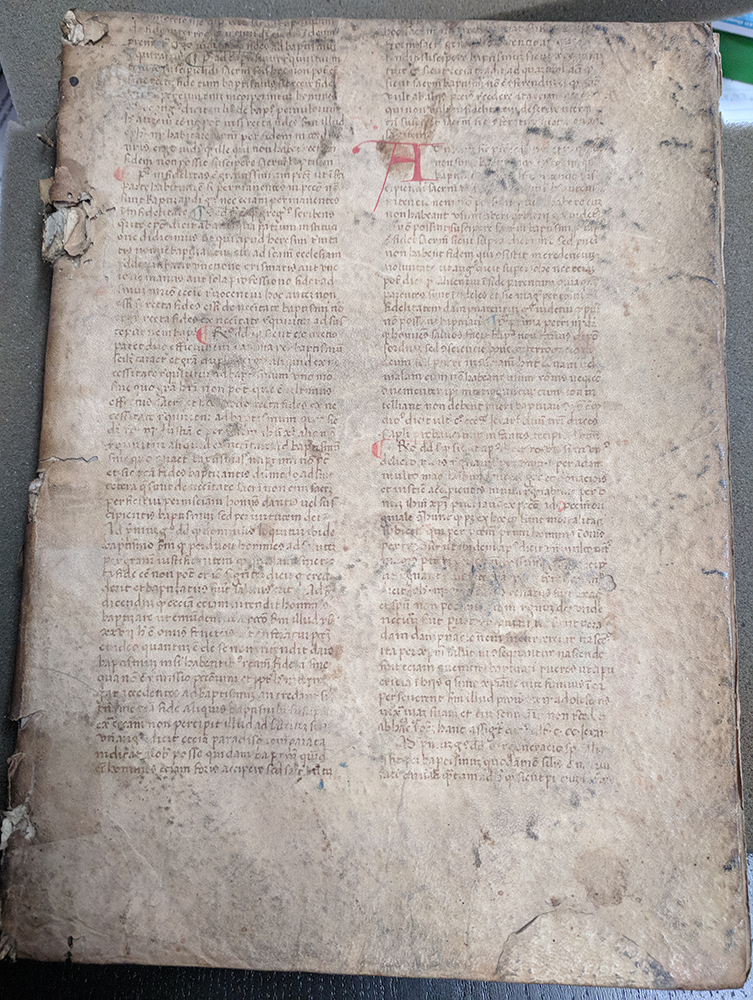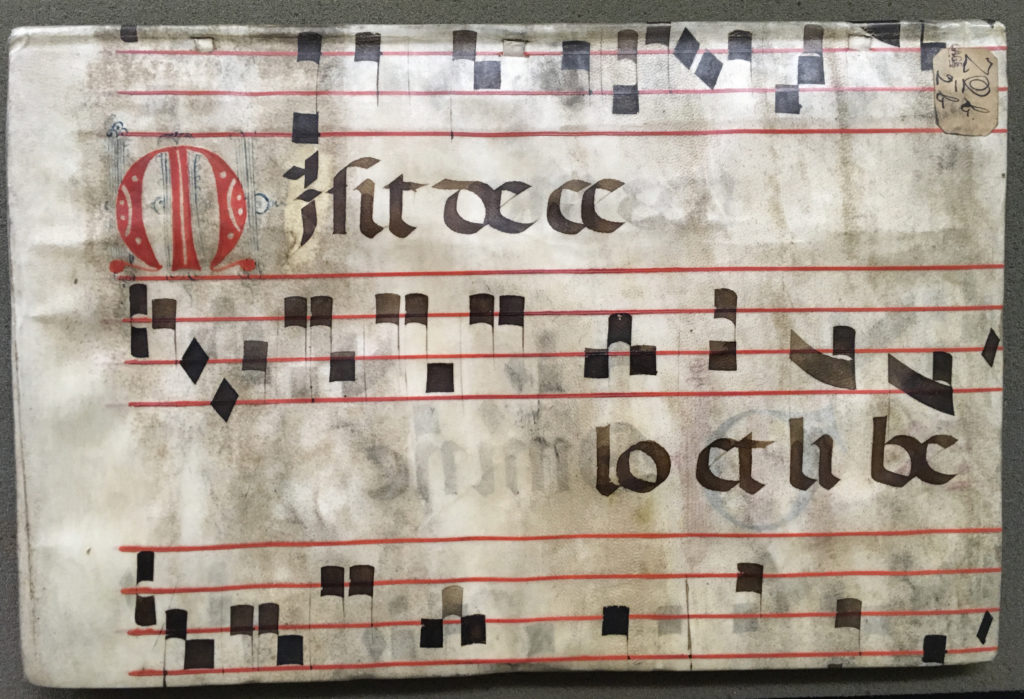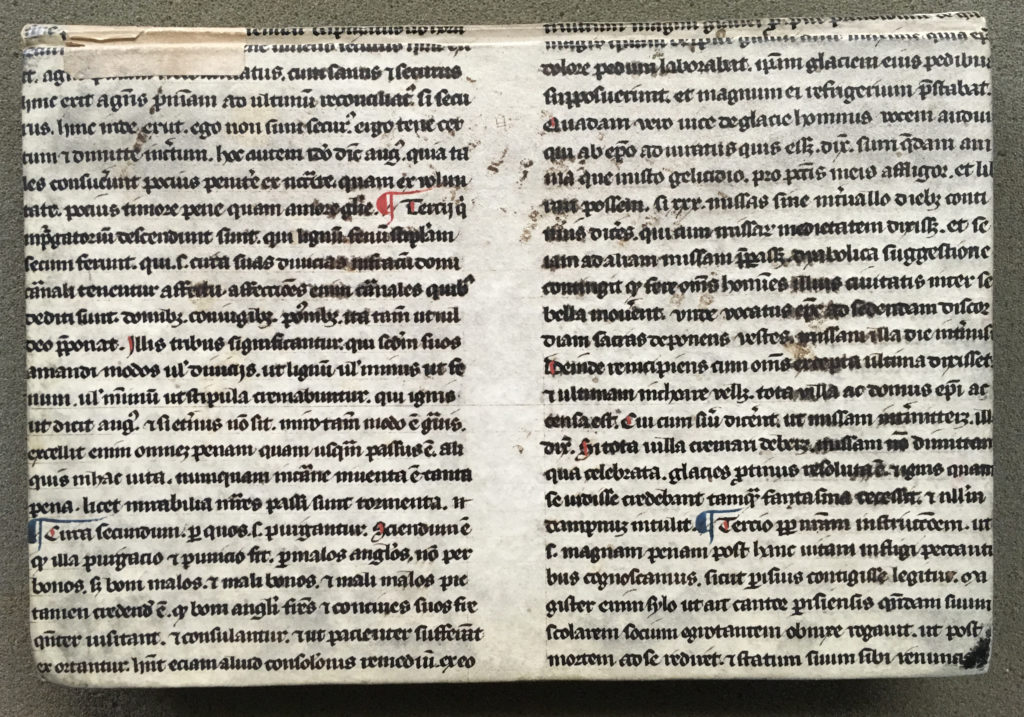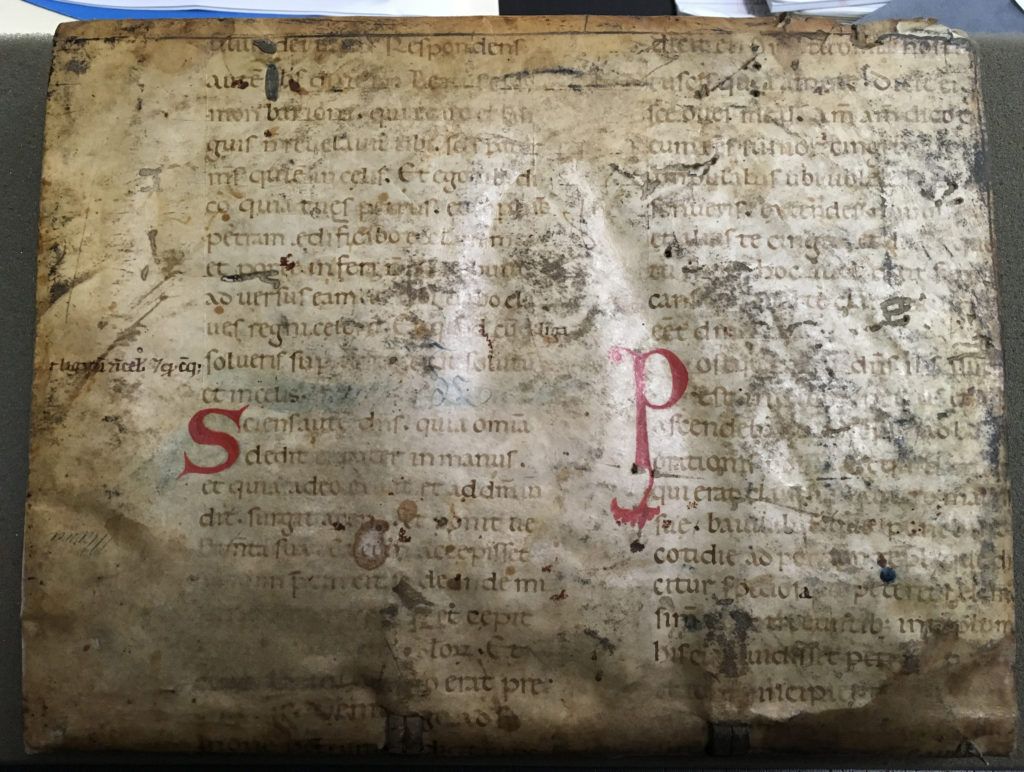– by Wood Institute travel grantee, Guy Schaffer*
Four years ago, Kathy High and I started an artistic investigation into fecal microbiota transplantation (FMT), a medical treatment in which stool from a healthy donor is used to replenish the intestinal microbes of an unhealthy patient. The treatment has been approved for a chronic bacterial infection—C. difficile—and it is currently in clinical trials for inflammatory bowel disease, as well as for illnesses that are only tangentially intestinal: depression, autism, chronic fatigue, Parkinson’s, and others.
Through this engagement with feces, we’ve become curious both about the current culture of fear and control around feces, and the kinds of hope that we see people take on when they talk about FMT. We came to the Historical Medical Library at the College of Physicians of Philadelphia to try to trace a genealogy of our contemporary relationship with feces. In our history of shit, we wanted to probe the annals of proctology to search for different kinds of frameworks for imagining the relationship between feces and health, in the hopes of finding new conceptual tools for exploring the future of shit.
Read more





